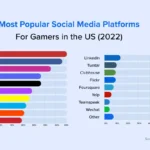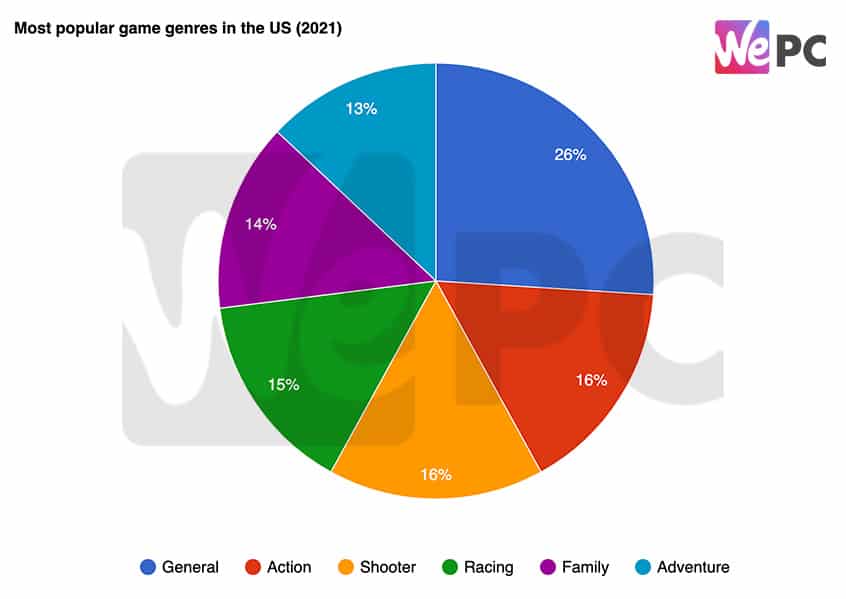Welcome to our comprehensive guide on the top profitable video games for monetization in the gaming industry. In today’s digital age, video games have become more than just a form of entertainment. They have evolved into a lucrative business opportunity for game developers and publishers. In this article, we will explore the factors contributing to game monetization, strategies for maximizing revenue, as well as the challenges and risks involved in this process.
Top 5 Profitable Video Games for Monetization
Let’s kick off our list with the top 5 video games that have successfully monetized their gameplay:
- Fortnite: Developed by Epic Games, Fortnite has revolutionized game monetization with its free-to-play model and in-game purchases, such as cosmetic items and battle passes.
- PUBG Mobile: PlayerUnknown’s Battlegrounds (PUBG) Mobile offers a similar formula, allowing players to enjoy the battle royale experience for free while offering in-app purchases for cosmetic upgrades and season passes.
- Minecraft: With its versatile gameplay and endless possibilities, Minecraft has successfully monetized through the sale of the game itself, downloadable content (DLC), and merchandise.
- League of Legends: Riot Games’ popular multiplayer online battle arena (MOBA) game generates revenue through the sale of in-game cosmetic items, champions, and seasonal events.
- Candy Crush Saga: Developed by King, this addictive puzzle game utilizes the freemium model, offering in-game purchases for additional lives, boosters, and level unlocks.
Factors Contributing to Game Monetization
Several factors play a crucial role in the monetization of video games:
 What is the process to monetize my video game skills?
What is the process to monetize my video game skills?- The game’s genre and target audience.
- The platform on which the game is available.
- The pricing model, whether it is free-to-play, pay-to-play, or a combination.
- The quality and uniqueness of the gameplay experience.
- The implementation of in-game purchases and microtransactions.
Strategies for Monetizing Video Games
Game developers employ various strategies to maximize revenue from their creations:
- Offering in-game purchases for cosmetic items, such as character skins, weapon skins, or emotes.
- Implementing loot boxes or gacha mechanics that offer randomized virtual items.
- Introducing season passes or battle passes that provide players with additional content and rewards for a fee.
- Creating downloadable content (DLC) that expands the game’s story or adds new features.
- Collaborating with brands or advertisers for in-game product placements or sponsored events.
Challenges and Risks in Game Monetization
While game monetization presents exciting opportunities, it also comes with its fair share of challenges and risks:
- Balancing monetization with player experience to avoid alienating the player base.
- Addressing ethical concerns surrounding predatory practices and gambling-like mechanics.
- Ensuring fair pricing for in-game purchases to maintain a healthy player economy.
- Dealing with potential backlash from the gaming community for perceived greed or pay-to-win elements.
- Staying updated with evolving regulations and laws related to game monetization.
Conclusion
As the gaming industry continues to grow, game monetization has become an integral part of the business model for developers and publishers. By understanding the factors contributing to game monetization, implementing effective strategies, and addressing the associated challenges, game creators can unlock the full potential of their creations and create profitable ventures.
Hey! This content may interest you I can earn money playing on any platform (PC, console, mobile)
I can earn money playing on any platform (PC, console, mobile)Frequently Asked Questions
1. What are the most common monetization methods used in video games?
The most common monetization methods used in video games include in-game purchases for cosmetic items, loot boxes, season passes, and downloadable content (DLC).
2. How do microtransactions impact game monetization?
Microtransactions, which are small in-game purchases, can significantly impact game monetization by providing a continuous stream of revenue. However, their implementation should be carefully balanced to avoid negatively affecting the player experience.
3. Are there any ethical concerns with game monetization?
Yes, there are ethical concerns surrounding game monetization, particularly when it involves predatory practices, gambling-like mechanics, or exploiting vulnerable players. Game developers need to prioritize player well-being and transparency to address these concerns.
Hey! This content may interest you What are the most effective social networks to reach a gamer audience?
What are the most effective social networks to reach a gamer audience?4. How can game developers balance monetization with player experience?
Game developers can balance monetization with player experience by ensuring that in-game purchases are optional and do not provide unfair advantages. They should also listen to player feedback and make adjustments accordingly to maintain a positive and enjoyable gaming experience.
